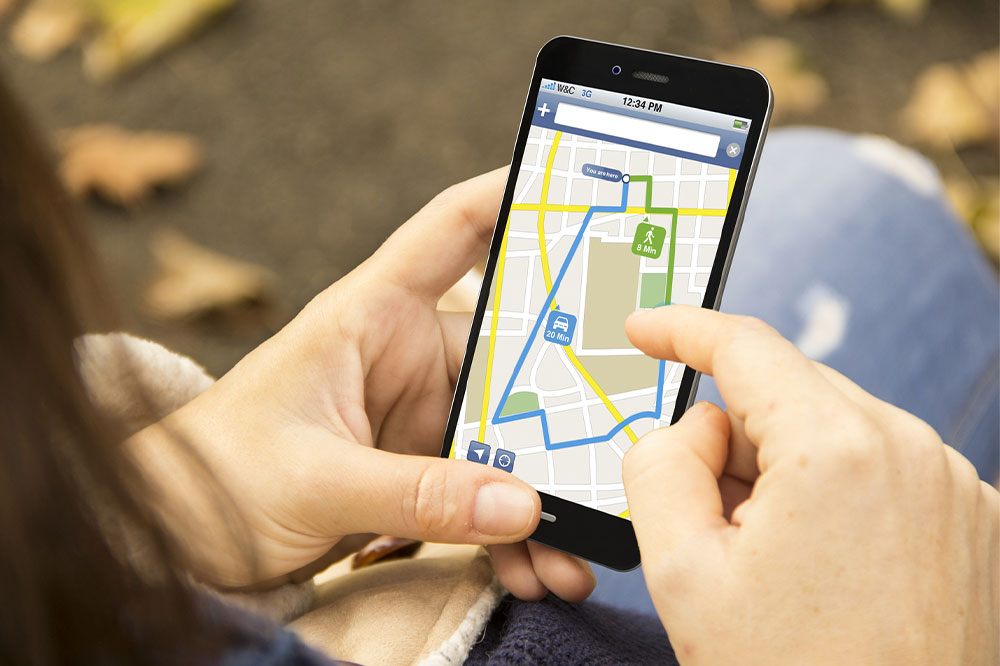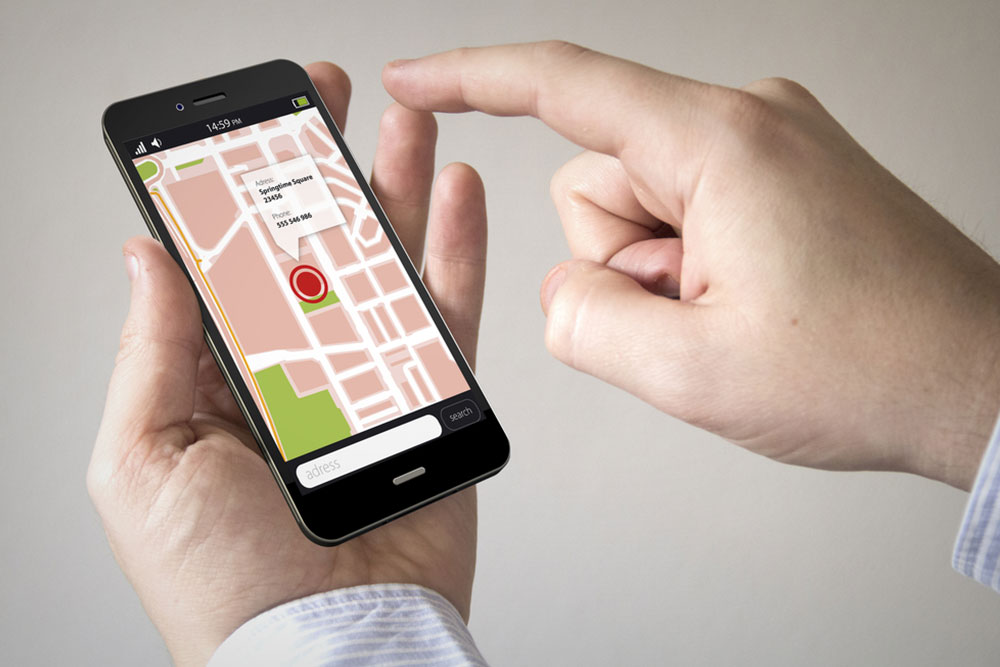Comprehensive Guide to Legally Locating a Mobile Phone Number
This comprehensive guide explains the legal methods for locating a mobile phone number, emphasizing the importance of compliance with laws. It covers carrier services, smartphone features, and authorized third-party apps, ensuring you can safely and legally track devices for safety and recovery purposes. The article highlights the necessity of permissions and lawful procedures to prevent legal issues, making it an essential resource for responsible phone tracking.

Comprehensive Guide to Legally Locating a Mobile Phone Number
In today’s digital age, the ability to locate a mobile phone number can be a valuable tool for personal safety, family monitoring, or recovering stolen devices. However, it is crucial to understand that tracking a mobile phone without the proper legal authorization is illegal in many countries and jurisdictions. Engaging in such activities without official permission may lead to severe legal consequences, including fines and criminal charges. Therefore, before attempting to locate a phone number, ensure that all actions conform to local laws and regulations to avoid potential legal complications.
Despite these legal restrictions, there are legitimate and approved methods to find the location of a mobile device. These techniques are primarily used for personal safety, family tracking, or law enforcement purposes when authorized. Here are some practical and legal methods for locating a mobile phone number effectively:
Phone Carrier Tracking Services
Reputable telecom providers such as Verizon, T-Mobile, and AT&T offer tracking services that are linked to user accounts. These services can be used to locate family members or friends, but only with their explicit consent. Subscribers can opt into these features by enabling location sharing options, which are designed to be secure and compliant with privacy laws. Typically, these services involve logging into your account and selecting the device to track, ensuring the process remains legal and transparent.
Built-in Smartphone Features
Modern smartphones have integrated location-tracking features that make it easy to find lost or stolen devices. Android users can utilize the 'Find My Device' feature, which requires GPS to be enabled on the device. This feature allows users to locate their phone on a map, sound an alarm, lock the device, or erase its contents remotely. Similarly, iPhone users can access the 'Find My iPhone' feature through the iCloud service or 'Find My Friends' to see the live location of their Apple devices. These features are specifically designed with security in mind and must be activated beforehand, ensuring their usage is legal and ethical.
Authorized Use of Third-Party Tracking Applications
Third-party applications like mSpy, FlexiSPY, or Highster Mobile are available for tracking phones, but their use requires strict adherence to legal standards. These apps often require installation on the device, which means physical access is necessary unless the device owner consents to the monitoring. These tools are commonly used by parents to monitor minors or employers in company devices, but always with explicit permission. Always verify that your intended use of third-party tracking solutions complies with local laws and privacy policies to avoid illegal surveillance.
In conclusion, tracking a mobile phone number should always be performed legally and ethically. Unauthorized tracking can violate privacy rights and lead to significant penalties. When tracking is necessary, prefer methods that are sanctioned by law, such as carrier services, built-in device features, or third-party applications used with permission. Responsible use of these tools not only ensures legal compliance but also protects personal relationships and privacy rights. Make sure to stay updated on local laws regarding phone tracking, as regulations can vary significantly between regions.




